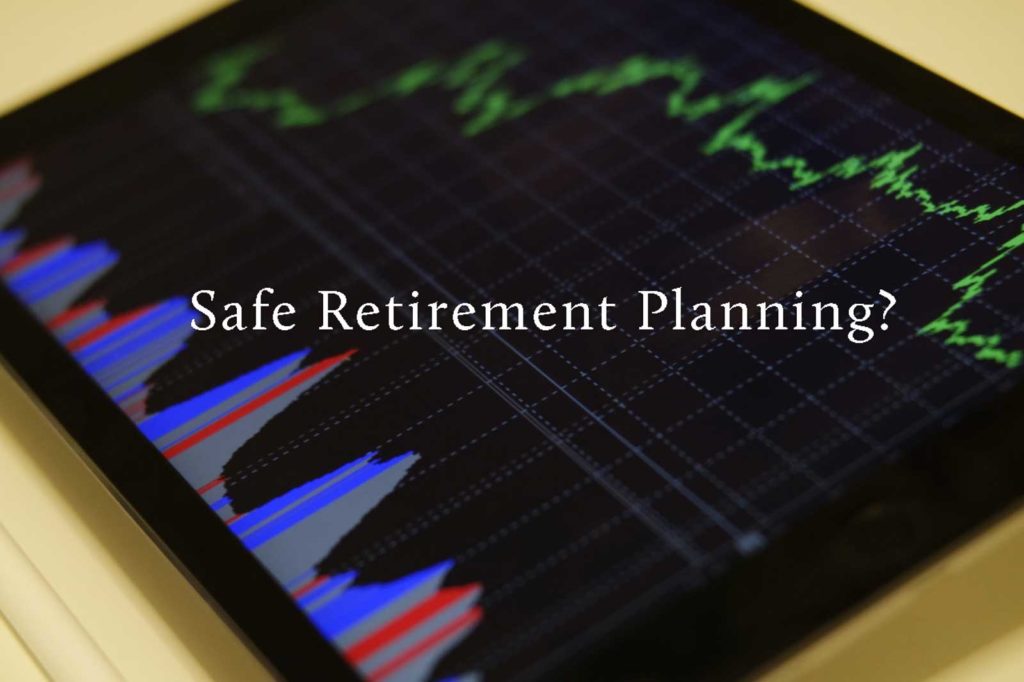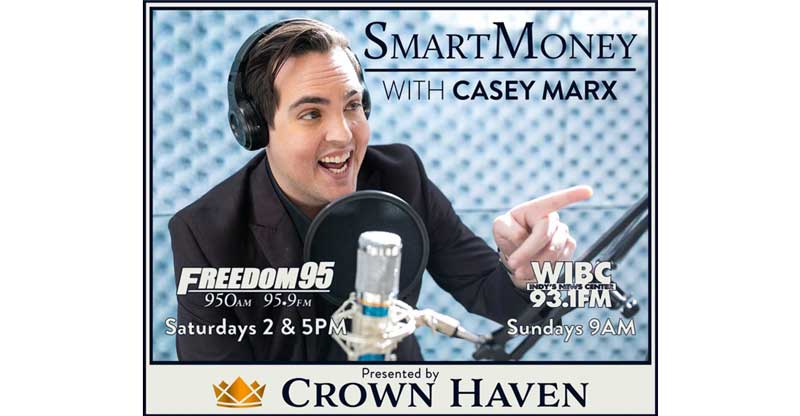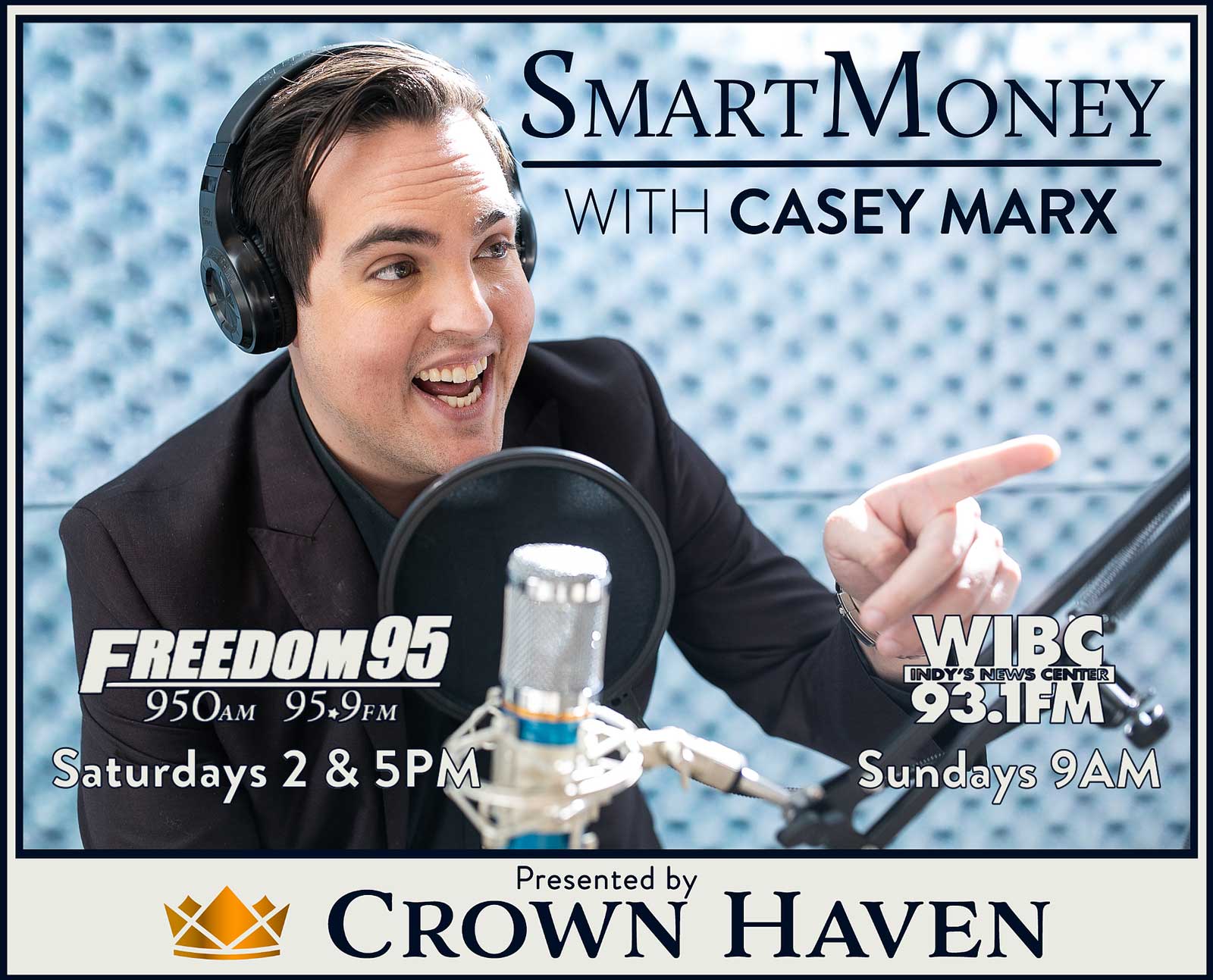When Your Investments Lose Value

Here is a question about your retirement plan and when your investments lose value. Whether it’s your 401(k), IRA, Roth IRA, Rollover IRA, or other financial accounts. It could be stocks, mutual funds, REITs or other investments. How much better off would you be today if you had never experienced losses from the last market crash? Or any crashes for that matter? I mean, folks that work with us at Crown Haven, they’ve been investing some of them 35, 40, 45, 50+ years, sometimes. That means they experienced at least at the very least 1987, the late 90s tech bubbles, 911, great recession 2007, 2008, and March 2009. Most lately 2015, the 2018 20% loss at the end of December. Lastly, the Coronavirus correction in early 2020 knocked 33% off the Dow. That’s eight different crashes in the matter of what 87 to 2019 2020. How much better would you be off today? If you’d never experienced losses from any of those? I believe you know the answer?
I want you to time travel back to when you were a child. Your very first roller coaster now when you hear a roller coaster when it’s being pulled up the track, you can hear a clicking noise, can’t you? Now each time you hear a click, there’s a mechanism that locks that coaster so it can’t go backward. If the machine pulls the coaster up, the track fails, the coaster stops, but it won’t reverse.
In our retire shield strategies, this is called an annual reset. Any market growth pulls your money up that steep track, and each year, you hear a click that sound is your money being locked in place. So it can never go backward due to market losses. You only go up from market gains, and you never go backward from a market loss. Every year your account value gets locked in place.
So how is that different from investing in stocks, bonds, mutual funds, variable annuities, muni bonds, REITs, or other risk-based investments? In risk-based investments, you don’t hear the clicks. If the market machine breaks, you get thrown in reverse. It dumps you over onto the other side when you get pulled to the top. In a risk-based investment, there are no clicking noises, no gains are being locked in. Instead, you hear nervous laughter on the way up and screaming on the way down.
So the question is, what do you hear our clients saying about our RetireSHIELD® retirement plan? If you hear anything at all, it’s a quiet sigh of relief. Look at our reviews online and you will see our clients love us. They’re only growing, they’re never losing. No nervous laughter and no screaming.
Our clients get to keep their gains, and their account balance doesn’t decrease one penny due to a market loss because their coaster only goes up. We’ve done this for 1,000s of clients protected hundreds of millions of dollars. Not one of those clients has ever lost money in the market with our RetireSHIELD® secure income strategies. It’s more like an escalator that may stop now, but it never goes backward. Escalators are also safe because they can never break. They can just become stairs and then you just walk up.
If you want to learn more about the security our RetireSHIELD® plan offers. Schedule a virtual or in-person Free consultation today
Listen to Casey Marx, Smart Money episode “Definition of Insanity, Cliff Young Shuffle, Fake News and Underliving Your Retirement” on the player below or on your Apple Podcast App or Android device.






